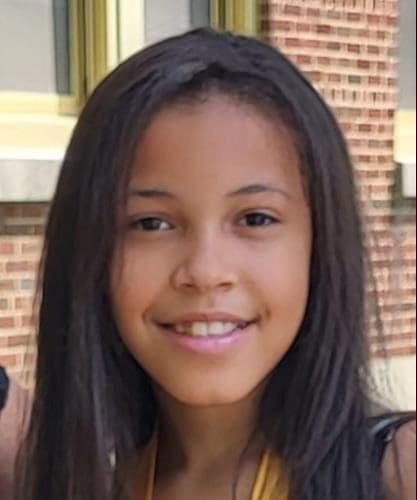The Power of Identity
By Marisol Hernandez | Photo provided by CNY Latino
When she arrived in the United States in 1979, Myrna García Calderón, the director of Syracuse University’s Latino-Latin American Studies program, never intended to call the country home.
“This is the longest mental temporary stay in the history of the universe,” she joked.
Though she was born in East Harlem, Myrna spent the majority of her young life in Puerto Rico. Having been encouraged by her father to work hard and follow her dreams, Myrna studied at the University of Puerto Rico in Rio Piedras, and then returned to the United States for post-graduate studies at the University of California at Berkeley.
Myrna’s career — which includes time teaching at University of California at Santa Cruz and Berkeley, Wisconsin University, Cornell University and others — has given her the opportunity to examine different communities, from small towns and villages to large universities. In her travels, she’s drawn from her varied experiences to author two books and several articles.
Myrna’s been able to navigate where she goes and who she is, as well as how she presents herself. Knowing one’s ethnic national origin is important, she said. In that sense, she believes in the notion of multiple identities, especially for Latina women who have had to constantly work on who they are.
“I am not a mother [and] I was married,” Myrna explained, “but in this case, what is your social role within a society that somehow has certain expectations for you and certain expectations of Latina women? For Latina women who choose to follow a slightly different trajectory, there is a series of expectations and constant negotiations.”
Myrna’s most recent book is entitled “Memory Spaces in the Hispanic Caribbean and Its Insular Diasporas.” In the work, she examines the idea of origin, and how it is marked through physical space.
“The cities in particular that I have worked on in this case have to do with the social expectations we have inherited over time,” she said.
Citing the work of the late poet Judith Ortiz Cofer, Myrna explained that forgetfulness is a dangerous thing, and the impact of various cultural aspects changes a person.
“In that sense, I believe that and confess that my first years here, I saw myself as Puerto Rican, not Latina, because I had no interest in staying here. I always wanted to return,” she said. “Saying that does not mean that I was not in support and that I did not recognize that I was part of a group that was negotiating two realities.”
People develop ethics at an early age, Myrna said. In the book, she explored a little bit of that — how these ever-evolving ethics help people form identities. In her own life, the idea of moving the family forward and creating opportunities for other women has been crucial.
“We all walk with a suitcase. In that suitcase, we have our favorite things or the important ones which are fundamental to us. And in that sense, what we are putting in that suitcase changes along with time,” Myrna said. “I believe that without a doubt, you carry your traditions, your country [and] your notion of family.” SWM
This article was provided by the CNY Latino newspaper, the only Hispanic-oriented publication in Central New York. The Spanish version of this article can be read in the March edition of CNY Latino, in both the traditional paper version and the digital format at cnylatinonewspaper.com.





